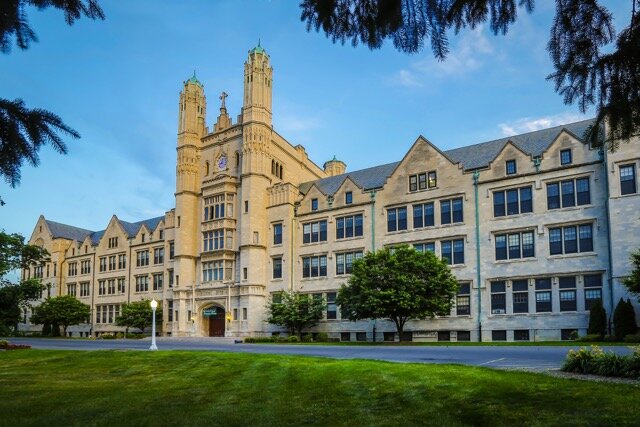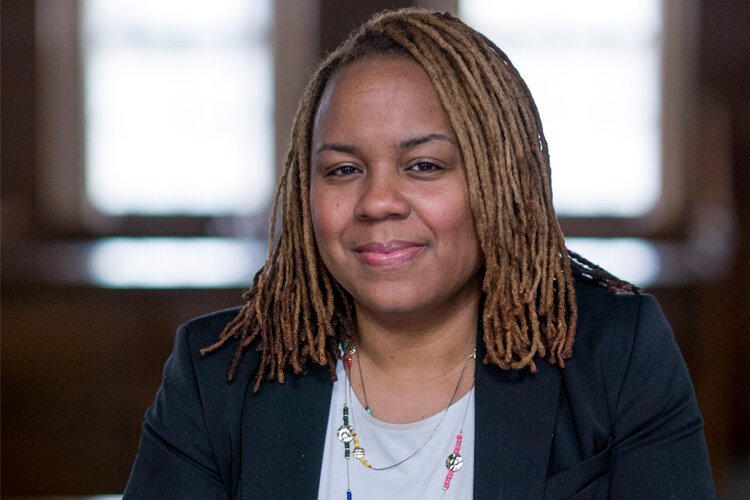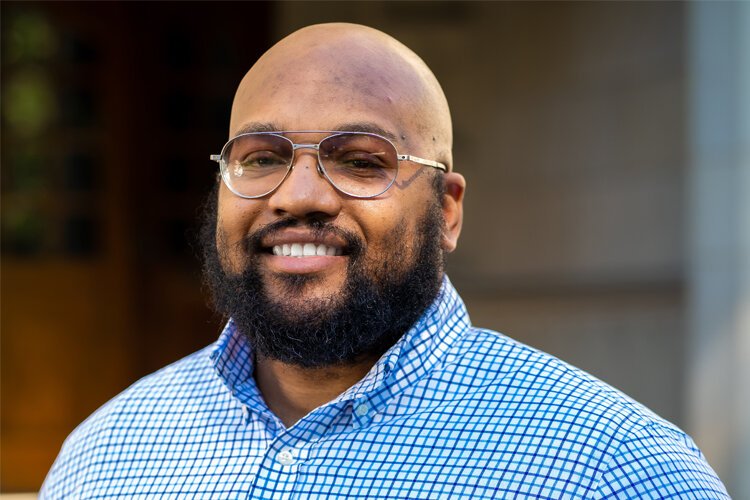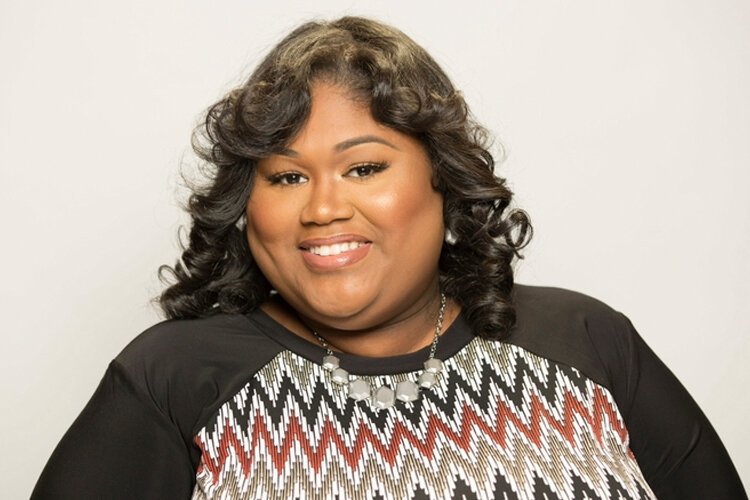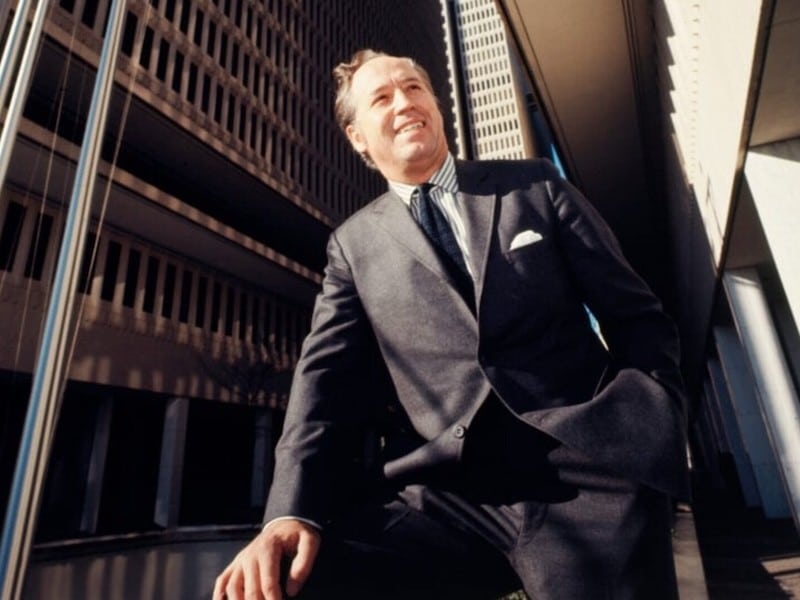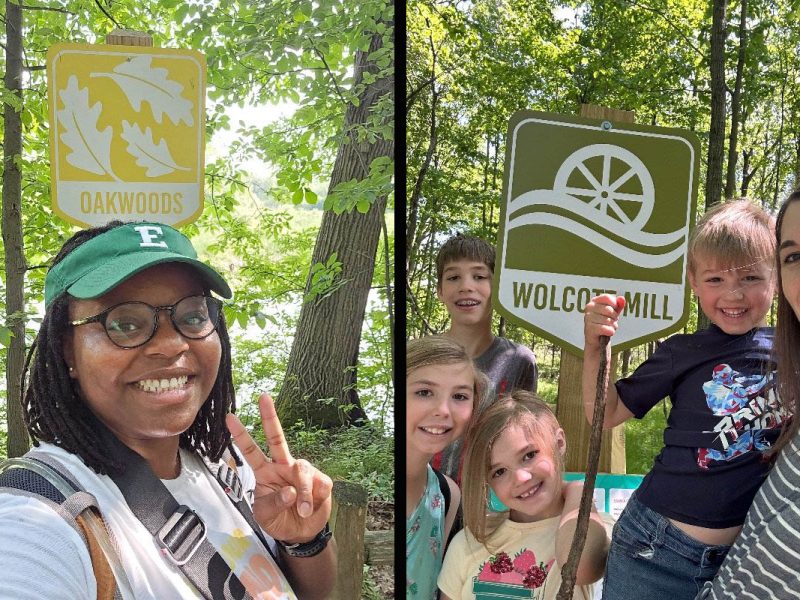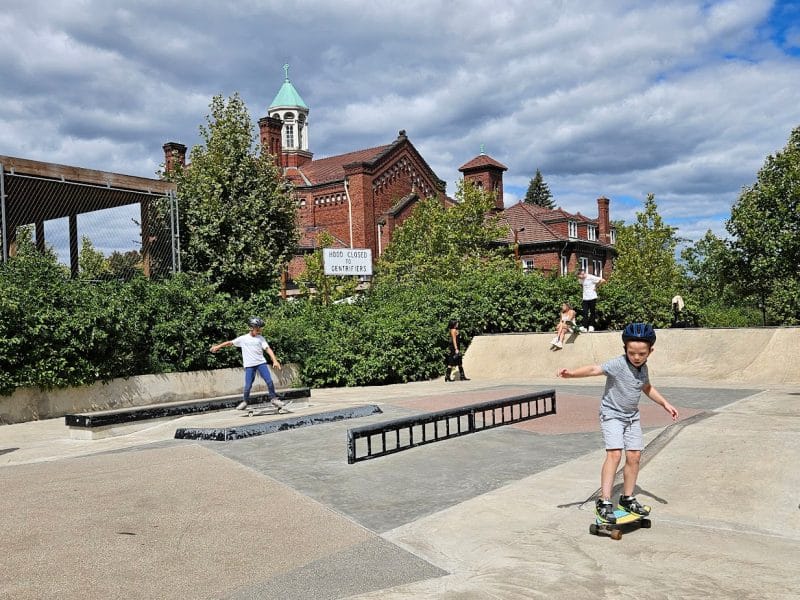5 youth-oriented nonprofits selected for inaugural phase of Marygrove Conservancy’s incubator
Marygrove Conservancy's Community Impact Incubator aims to help organizations build capacity but also provide support to leaders of color during these uncertain and challenging times.
A few years ago, JOURNi, a nonprofit that offers youth programming centered on technology and entrepreneurship, held its first in-school program at Mumford High School. At the time, its offices were located downtown at Bamboo Detroit.
“I had about three or four real strong students who were really committed at the time,” recalls Richard Grundy, CEO of JOURNi. They would take the bus three days a week, about an hour commute each way, and they would work for 2-3 hours and then go home.
Since then, the organization focused on fostering a more inclusive tech ecosystem in the city of Detroit has looked to return to the Northwest Detroit community.
“We always wanted to come back to the Fitzgerald area because of those kids at Mumford, because of their commitment, and we’ve always thought about how it’s important to have a technical hub, a community hub within the neighborhood,” Grundy says.
JOURNi is among five youth-focused nonprofits selected to participate in Marygrove Conservancy’s Community Impact Incubator, a new program that will help organizations like JOURNi build capacity by providing office and programming space as well as sessions with experts, technical assistance, professional development, mentoring, and consulting.
These five organizations began onboarding in July and have started moving into their new facilities on the Marygrove campus. The incubator officially kicks off next month and will culminate in June.
For Courtney Smith, founder of Detroit Phoenix Center, being a part of the incubator is an opportunity to help the youths served by the center to “fully integrate into the community.”
“When we launched in 2017, we did so very quickly in order to ensure that the most basic needs of youth were being met — a direct response to an increase in Detroit youth experiencing homelessness. The incubator will now allow us to not only fulfill our mission, but take it to the next level, intentionally and gradually,” she says.
She adds: “The program will help remove the stigma many of our youth face due to housing instability or living in endemic poverty. The Detroit Phoenix Center will now have access to dorms that can be accessed for transitional housing, a cafeteria, a gym and much more. The youth and families we serve can be inspired by the programming activities at Marygrove and actually experience what it’s like to be on a campus that can serve as a pipeline to catapult college access and career pathways.”
Planning for the incubator in January, says Racheal Allen, Marygrove Conservancy chief operating officer, with listening sessions to hear what nonprofits needed and to find out how Marygrove could help support. And then the COVID-19 pandemic changed those needs, but the pandemic also provided an opportunity to better serve leaders of color at this moment.
“What if we created a leadership development program based on what leaders need at this very moment in time?” Allen says. Organizations suddenly found themselves being “stripped of their budgets” as a result of the pandemic, as well as having to adapt programming online. “We wanted to help provide that. We also wanted to put them in close proximity to other leaders that they can learn from and collaborate with. But we also said that we wanted to make sure that we address the real challenges that African American leaders have as being people who are leading these organizations.”
What they heard was that leaders were facing challenges in the area of mental health support as well as lack of access to technical assistance and resources.
“So we worked with Strategic Community Partners, and were very intentional about creating a curriculum that met the needs of not just these five leaders that were selected, but we think builds the framework for how leaders of color need to be supported in the 21st century, post-COVID, post this George Floyd world that we live in, which is these are inequities that have existed for years,” Allen says.
Being able to work with the other organizations, which also includes Detroit City Lions Youth Club, Detroit Youth Choir and Performing Arts Company, and Pure Heart Foundation, is a benefit in Grundy’s book.
“I’ve been a part of a few fellowships already. And a huge part of the journey success is the ability to collaborate and work with people that are on that are doing similar work,” Grundy says.
Smith echoes his sentiments.
“Nonprofit leaders, especially nonprofit leaders of color, often work in silos,” she says. “Through this program, our organizations will be able to work collectively by providing best in class resources so we can better achieve our individual missions. We also know the impact of COVID-19 has not yet been realized. For example, we are now starting to experience mass evictions. The Detroit Phoenix Center and other nonprofit organizations involved in this incubator will be uniquely positioned as a network to respond to the needs of its constituents through a holistic and wraparound service model. We’ll work together and learn together. Being part of a learning community that has already demonstrated support for its members like this is a very exciting opportunity.”
The plan is for the incubator to serve different groups, with the second phase focusing on artists and creatives and the third phase likely to serve Marygrove’s child and family hub with supportive or ancillary services for the families coming to the campus.
“We imagine this will be a perpetual program,” Allen says.
